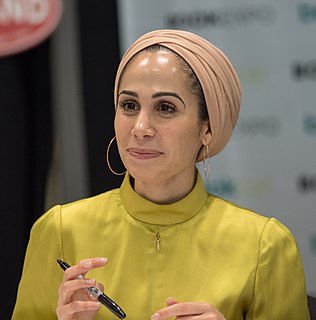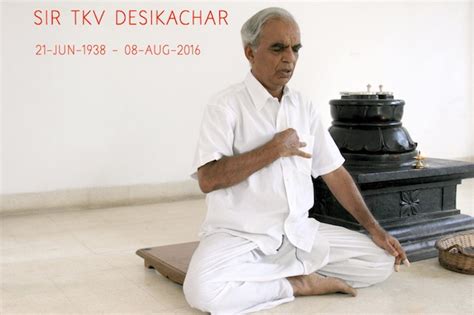A Quote by Tahereh Mafi
I’ve come to believe that the most dangerous man in the world is the one who feels no remorse. The one who never apologizes and therefore seeks no forgiveness. Because in the end it is our emotions that make us weak, not our actions.
Related Quotes
We do not have to make ourselves suffer in order to merit forgiveness. We simply receive the forgiveness earned by Christ. 1 John 1:9 says that God forgives us because He is ‘just.’ That is a remarkable statement. It would be unjust of God to ever deny us forgiveness, because Jesus earned our acceptance! In religion we earn our forgiveness with our repentance, but in the gospel we just receive it.
The most dangerous type of atheism is not theoretical atheism, but practical atheism -that's the most dangerous type. And the world, even the church, is filled up with people who pay lip service to God and not life service. And there is always a danger that we will make it appear externally that we believe in God when internally we don't. We say with our mouths that we believe in him, but we live with our lives like he never existed. That is the ever-present danger confronting religion. That's a dangerous type of atheism.
For most of us, karma and negative emotions obscure the ability to see our own intrinsic nature, and the nature of reality. As a result we clutch on to happiness and suffering as real, and in our unskillful and ignorant actions go on sowing the seeds of our next birth. Our actions keep us bound to the continuous cycle of worldly existence, to the endless round of birth and death. So everything is at risk in how we live now at this very moment: How we live now can cost us our entire future.
Our conduct has a direct influence on how people think about the gospel. The world doesn't judge us by our theology; the world judges us by our behavior. People don't necessarily want to know what we believe about the Bible. They want to see if what we believe makes a difference in our lives. Our actions either bring glory to God or misrepresent His truth.
Oh what remorse we shall feel at the end of our lives, when we look back upon the great number of instructions and examples afforded by God and the Saints for our perfection, and so carelessly received by us! If this end were to come to you today, how would you be pleased with the life you have led this year?
No. I believe in free will. I think we make our own decisions and carry out our own actions. And our actions have consequences. The world is what we make it. But I think sometime we can ask God to help us and He will. Sometime I think He looks down and say, 'Wow, look what those idiots are up to now. I guess I better help them along a little'.
Paradise had four rivers that watered the earth.... and howsoever neglected by many, they make glad the city of God. So Bernard sweetly: Eternal life is granted to us in election, promised in our vocation, sealed in our justification, possessed in our glorification. Conclude then, faithfully to thy own soul. I believe, therefore I am justified; I am justified, therefore I am sanctified; I am sanctified, therefore I am called; I am called, therefore I am elected; I am elected, therefore I shall be saved. Oh! settled comfort of joy, which ten thousand devils shall never make void.
It is the Spirit of Christ in us that will draw satan's fire. The people of the world will not much care what we believe and they will stare vacantly at our religious forms, but there is one thing they will never forgive us-the presence of God's Spirit in our hearts. They may not know the cause of that strange feeling of antagonism which rises within them, but it will be nonetheless real and dangerous. satan will never cease to make war on the Man-child, and the soul in which dwells the Spirit of Christ will continue to be the target for his attacks.
Forgiveness does not mean that we have to continue to relate to those who have done us harm. In some cases the best practice may be to end our connection, to never speak to or be with a harmful person again. Sometimes in the process of forgiveness a person who hurts or betrayed us may wish to make amends, but even this does not require us to put ourselves in the way of further harm.



































